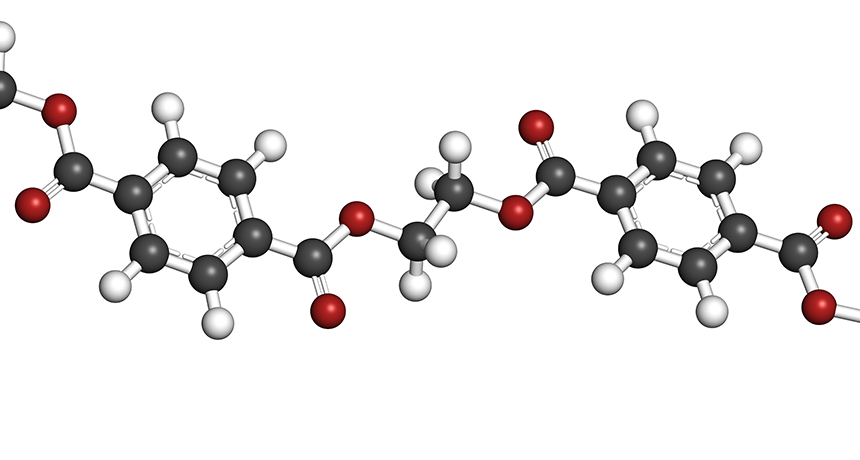Exploring the Varied Applications and Advantages of Polymers in Different Industries
Polymers, with their varied range of residential or commercial properties and capabilities, have come to be vital in numerous markets, each reaping special advantages from their application. Polymers. From enhancing safety and efficiency in the auto field to reinventing clinical gadgets in the medical care sector, polymers play a pivotal role. Their environment-friendly nature is altering the landscape of sustainability practices. As we delve into the depths of polymers in electronics, we discover advanced technologies, while their architectural honesty changes the world of building and facilities. The prevalent influence of polymers throughout sectors is a testimony to their adaptability and versatility, shaping the future of plenty of sectors.
Automotive Industry Applications
Polymers play a crucial role in boosting the performance and toughness of numerous components within the auto sector. One famous use of polymers in the automobile sector is in the production of lightweight parts.

Medical Care Sector Benefits
In various medical care applications, the advantages of making use of polymers are extensively identified for their diverse range of helpful homes. Polymers play a vital function in the healthcare sector due to their flexibility, biocompatibility, and cost-effectiveness. Among the main advantages of polymers in healthcare is their capacity to be customized to certain requirements, such as adaptability, toughness, and biodegradability, making them excellent for a large range of clinical applications.
Polymer-based materials are thoroughly used in medical tools, such as catheters, implants, prosthetics, and medication distribution systems, because of their biocompatibility and capacity to imitate all-natural tissues. These products can lower the danger of allergies or denials, improving person safety and security and end results. Additionally, polymers are lightweight, making them appropriate for wearable medical gadgets and guaranteeing patient convenience.
Furthermore, polymers enable the growth of ingenious treatment methods, such as hydrogels for cells engineering and nanocomposites for targeted drug distribution. Their convenience of processing and sanitation makes them important for preserving high requirements of hygiene in medical care setups. On the whole, the varied advantages of polymers add significantly to innovations in clinical modern technology and individual treatment.
Ecological Benefits of Polymers

Furthermore, polymers can contribute to power financial savings due to their lightweight nature. In industries such as transportation, light-weight polymer products can help in reducing fuel consumption why not try these out and greenhouse gas discharges. Additionally, polymers can make it possible for the advancement of energy-efficient items such as insulation products that improve energy conservation in structures.
Additionally, polymers play a vital role in decreasing water pollution. The use of polymer-based purification systems can efficiently eliminate toxins and pollutants from wastewater, protecting water resources and ecosystems. In general, the environmental advantages of polymers make them valuable possessions in advertising sustainability and green techniques across various industries.
Polymers in Electronics and Modern Technology
Considering the enhancing need for innovative and sustainable services in modern-day industries, the combination of sophisticated polymer modern technologies in the realm of electronics and technology has become a crucial technique for driving effectiveness and performance. Polymers have transformed the electronic devices market by allowing the manufacturing of lighter, more flexible, and durable electronic tools. From smart devices to medical gadgets, polymers play an essential function in boosting product layout and functionality.
One considerable benefit of polymers in electronics is their insulating residential or commercial properties, which help protect fragile digital elements from ecological variables and electric disturbance. In addition, polymers are crucial in the development of adaptable displays, wearable modern technology, and published electronic devices, offering countless opportunities for developing smart and interconnected gadgets.
In addition, the use of polymers in electronic product packaging has resulted in advancements in miniaturization and thermal management, improving the general performance and dependability of digital systems. As modern technology remains to progress, the adaptability and flexibility of polymers will undoubtedly drive better advancement in the electronic devices sector, shaping the future of modern technology.
Role of Polymers in Building And Construction and Infrastructure
Polymers offer many benefits in the construction market due to their adaptability, sturdiness, and cost-effectiveness. One essential function of polymers in building is their usage in finishings and sealants, offering security versus environmental variables such as wetness, UV radiation, and rust.
Moreover, polymers play an important duty in sustainable building and construction practices by allowing the advancement of energy-efficient structures. Shielding materials made from polymers assist manage interior temperatures, decreasing the need for home heating and cooling systems and inevitably decreasing energy consumption. The use of polymer-based composites in facilities try these out projects such as bridges and roadways enhances their durability and reduces upkeep costs. In general, the consolidation of polymers in building and construction and framework showcases their significant effect on contemporary engineering techniques.
Final Thought
In final thought, polymers play a crucial function in numerous sectors such as automotive, medical care, environmental, electronics, and building. Their functional homes make them important in creating ingenious options and items. From boosting gas effectiveness in lorries to enhancing clinical gadgets, polymers use many advantages. Additionally, their influence on reducing waste and advertising sustainability highlights their significance in modern applications. The extensive use of polymers shows their significant payment to advancing innovation and boosting high quality of life.